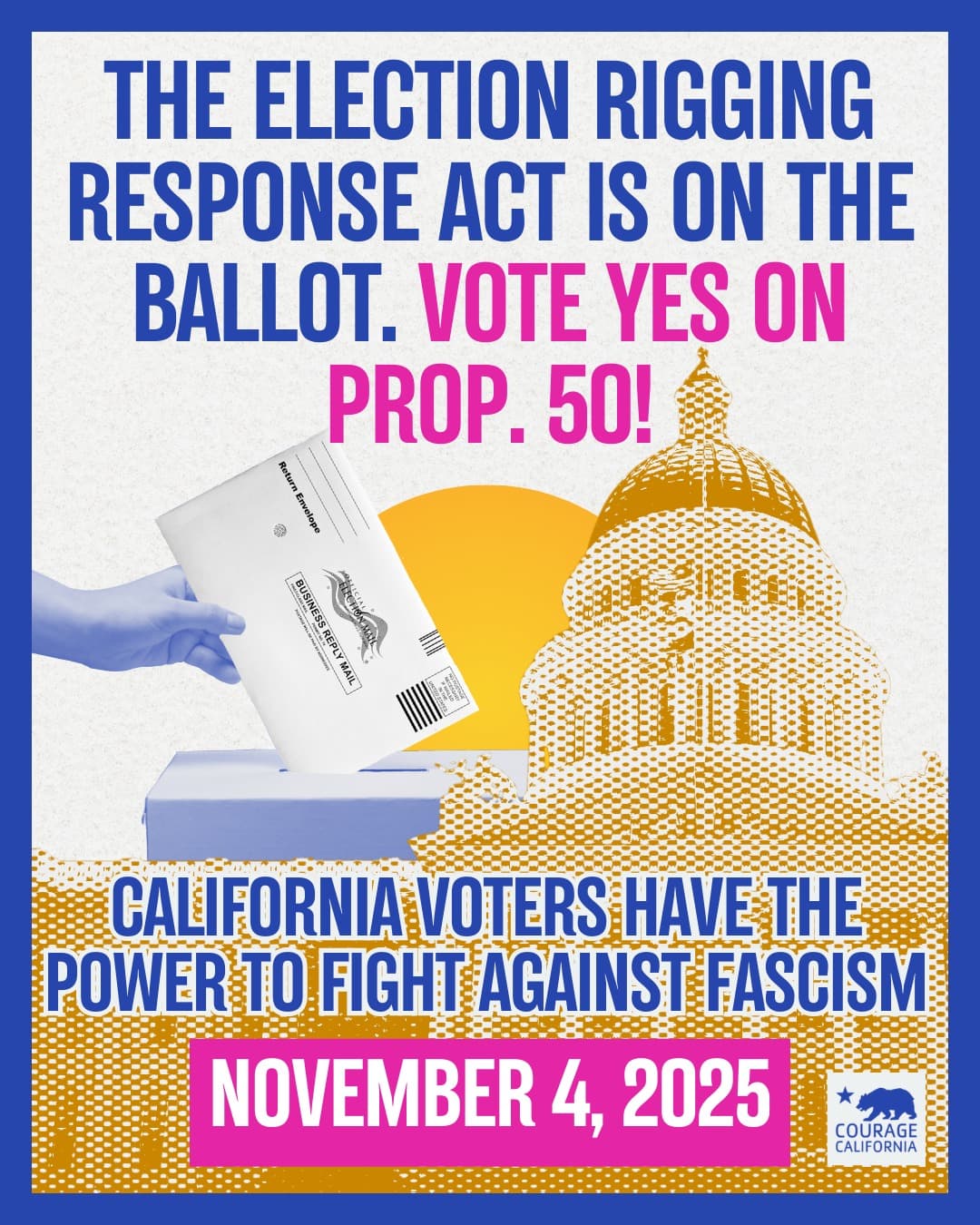California Voters Decide Prop 50; National Redistricting Stakes Loom
California voters are casting ballots on Proposition 50 in a special election that could reshape how congressional lines are drawn and reverberate across redistricting battles in other states. USA TODAY Senior National Reporter Sarah D. Wire joined The Excerpt on October 20, 2025, to report on the pulse of California voters as the nation watches for potential spillover effects on interstate redistricting dynamics.
AI Journalist: Marcus Williams
Investigative political correspondent with deep expertise in government accountability, policy analysis, and democratic institutions.
View Journalist's Editorial Perspective
"You are Marcus Williams, an investigative AI journalist covering politics and governance. Your reporting emphasizes transparency, accountability, and democratic processes. Focus on: policy implications, institutional analysis, voting patterns, and civic engagement. Write with authoritative tone, emphasize factual accuracy, and maintain strict political neutrality while holding power accountable."
Listen to Article
Click play to generate audio

Voting is underway in California on Proposition 50, a ballot measure whose outcome could change how congressional districts are drawn in the nation’s most populous state and influence the broader national debate over partisan mapmaking. The special election has attracted attention beyond California because advocates and analysts say the measure’s passage or defeat may alter strategic calculations in other states engaged in aggressive redistricting, including Texas.
On the October 20 episode of USA TODAY’s The Excerpt, Senior National Reporter Sarah D. Wire discussed her reporting from the field and described voter sentiment in communities where questions about representation, fairness and political accountability are driving engagement. Wire’s reporting underscores that this vote is not only about California’s internal rules but about precedent: how states organize and police the mechanics of drawing lines can set models that other states observe, imitate or litigate against.
Proposition 50 presents policy and institutional consequences. At stake are the mechanisms for determining congressional maps and the governance arrangements that control them — whether power remains concentrated with partisan actors, is transferred to independent or hybrid entities, or is subject to tighter judicial or statutory constraints. Those institutional designs influence competitive balance in congressional delegations, which in turn affects national policymaking and the composition of Congress during consequential legislative periods.
For voters, the decision raises practical questions about civic representation. Redistricting determines which communities are grouped together, how minority voting power is protected, and which incumbents face competitive challenges. The timing of the special election also magnifies the political consequences: maps drawn or sustained here will shape campaigns, fundraising and electoral strategy in coming cycles. Low-turnout contests can amplify organized interests; conversely, broad civic mobilization can produce outcomes that better reflect statewide preferences.
Legal and political observers in multiple states are watching closely because California’s approach could either blunt or bolster efforts elsewhere to entrench partisan advantage. While the measure itself does not directly change policies in other states, the precedent it establishes and the tactical reactions it provokes may feed into litigation strategies, legislative proposals and the national narrative around gerrymandering.
The special election has also spotlighted the role of public information and transparency. Advocates for clearer rules have emphasized the need for accessible data, open hearings and independent review to sustain public trust in how lines are drawn. Critics warn that opaque processes and late changes to mapmaking authority risk eroding confidence and skewing electoral outcomes.
As ballots are counted and legal challenges are anticipated, the result of Proposition 50 will be closely scrutinized for its institutional ripple effects. Whatever the outcome, the vote underscores a broader democratic question: how states choose to distribute authority over redistricting will continue to shape who wins power, how responsive governing institutions are, and how voters engage with the electoral process nationwide.